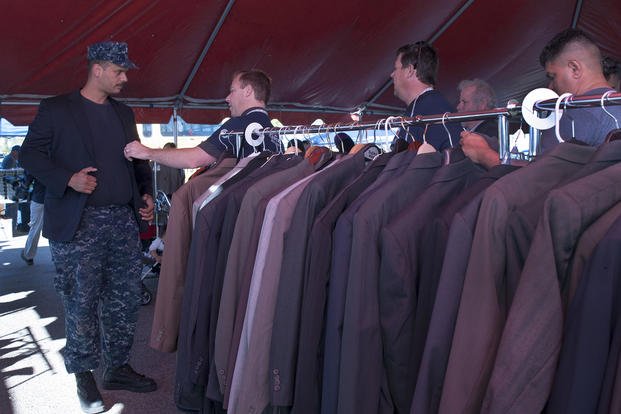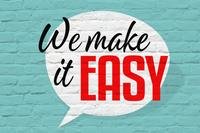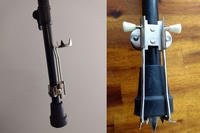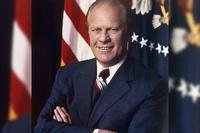You've scored a job interview; now how do you score a job? We've put together these top tips to help you be at your best in the interview.
1. The One-Minute Resume
"I have my one-minute resume memorized cold, and it has never failed me."
-- Former E-5, U.S. Army
The first question most interviewers ask is: "Tell me about yourself." How you answer this question will set the tone for the rest of the interview. That is why you develop a one-minute resume. Describe where you are from, your education, and why you joined the military.
Here is a good example of a one-minute resume:
"I grew up in rural Western Michigan, and I was active in sports and student government in high school. I always had an interest in travel and wanted a job that gave me a lot of responsibility at a young age, so I decided to join the Army after graduation. While I served, I directly supervised five personnel, lived in Germany, California and North Carolina and was responsible for $1.5 million of equipment. I feel that my training and success in the Army have prepared me for success in the civilian world. That is why I am here today."
Develop and practice your one-minute resume. You should do this for three reasons:
- It shows you are comfortable with yourself. This puts both you and the interviewer at ease.
- If you have a polished one-minute resume, you begin to control the interview.
- Civilians are interested in military personnel. A well-delivered, one-minute resume will draw the interviewer in.
Be careful not to brag; simply tell a story about yourself.
2. Positive Attitude
"This job is mine!" -- All successful job hunters
The key to winning in an interview is a positive attitude. The good news is, you have an advantage over the interviewer: The interview is about you, and you know more about yourself than the interviewer does. The interview is your turn to show all that is great about you. Remember, resumes don't get hired; people do.
Be prepared for difficult questions and unexpected events, such as delays. Don't let these affect your positive attitude.
3. Company and Industry Research
"During my military career, I can pinpoint my successes and failures on two things: If I succeeded, it was because I was prepared. When I failed, it was because I was not." -- Prior-Enlisted Navy O-3
Preparation for an interview is crucial to success. Give the company you want to work for a call and ask an employee what it is like to work there.
You will probably get the receptionist so make sure they refer you to someone in the company. Begin the conversation by asking this question: "I am researching different companies and I wanted to know what it is like to work for your company. Is there someone I can speak to?" When you get an interview, prepare 3-4 questions to ask. Listed below are some examples from winning interviewees:
- What is the career path for someone in my position?
- Have you hired military personnel in the past? If so, have they been successful?
- What is the greatest growth area in your company?
4. Dress the Part
"When in Rome ..."
With business casual being instituted throughout corporate America, it is very difficult to give sound advice in this matter. We recommend that you ask the company you are interviewing with about their dress code. If they say business casual, you should also ask whether it applies to interviewing as well. Also, our Dress for Success Guide gives you clear examples of what to wear and what not to wear.
The important thing is to blend into the organizational culture. For example, if you were to interview with an internet company, a three-piece, double-breasted, pinstripe suit would not make a good impression; it would, however, at a bank. It is important to check out the culture of the company before you interview. If the interview is a part of an off-site job fair, then you should wear a suit.
5. Write a Thank-You Letter
"All deals are sealed in writing ..."
After you conduct your successful interview, it is important to follow it up with a thank-you note. Writing thank-you notes is not an exercise in tradition; rather, it will allow you to highlight additional skills and qualifications that you may have for the job, it will show that you follow through and it will show that you have class. Your thank-you note should also ask the employer when they expect to make a decision. An email thank-you note is OK, especially for less conservative businesses.
Want to Know More About the Military?
Be sure to get the latest news about the U.S. military, as well as critical info about how to join and all the benefits of service. Subscribe to Military.com and receive customized updates delivered straight to your inbox.











